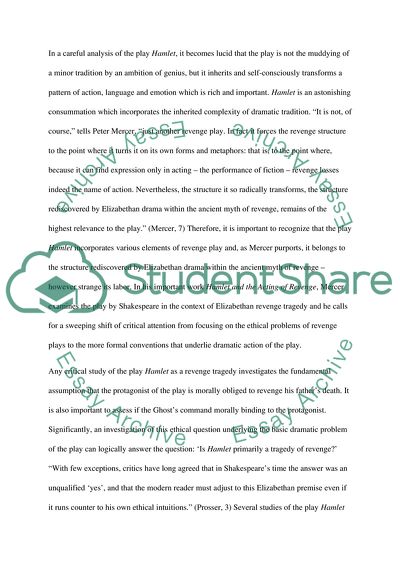Cite this document
(Is Hamlet Primarily a Tragedy of Revenge Research Paper, n.d.)
Is Hamlet Primarily a Tragedy of Revenge Research Paper. Retrieved from https://studentshare.org/literature/1735271-is-hamlet-primarily-a-tragedy-of-revenge
Is Hamlet Primarily a Tragedy of Revenge Research Paper. Retrieved from https://studentshare.org/literature/1735271-is-hamlet-primarily-a-tragedy-of-revenge
(Is Hamlet Primarily a Tragedy of Revenge Research Paper)
Is Hamlet Primarily a Tragedy of Revenge Research Paper. https://studentshare.org/literature/1735271-is-hamlet-primarily-a-tragedy-of-revenge.
Is Hamlet Primarily a Tragedy of Revenge Research Paper. https://studentshare.org/literature/1735271-is-hamlet-primarily-a-tragedy-of-revenge.
“Is Hamlet Primarily a Tragedy of Revenge Research Paper”, n.d. https://studentshare.org/literature/1735271-is-hamlet-primarily-a-tragedy-of-revenge.


